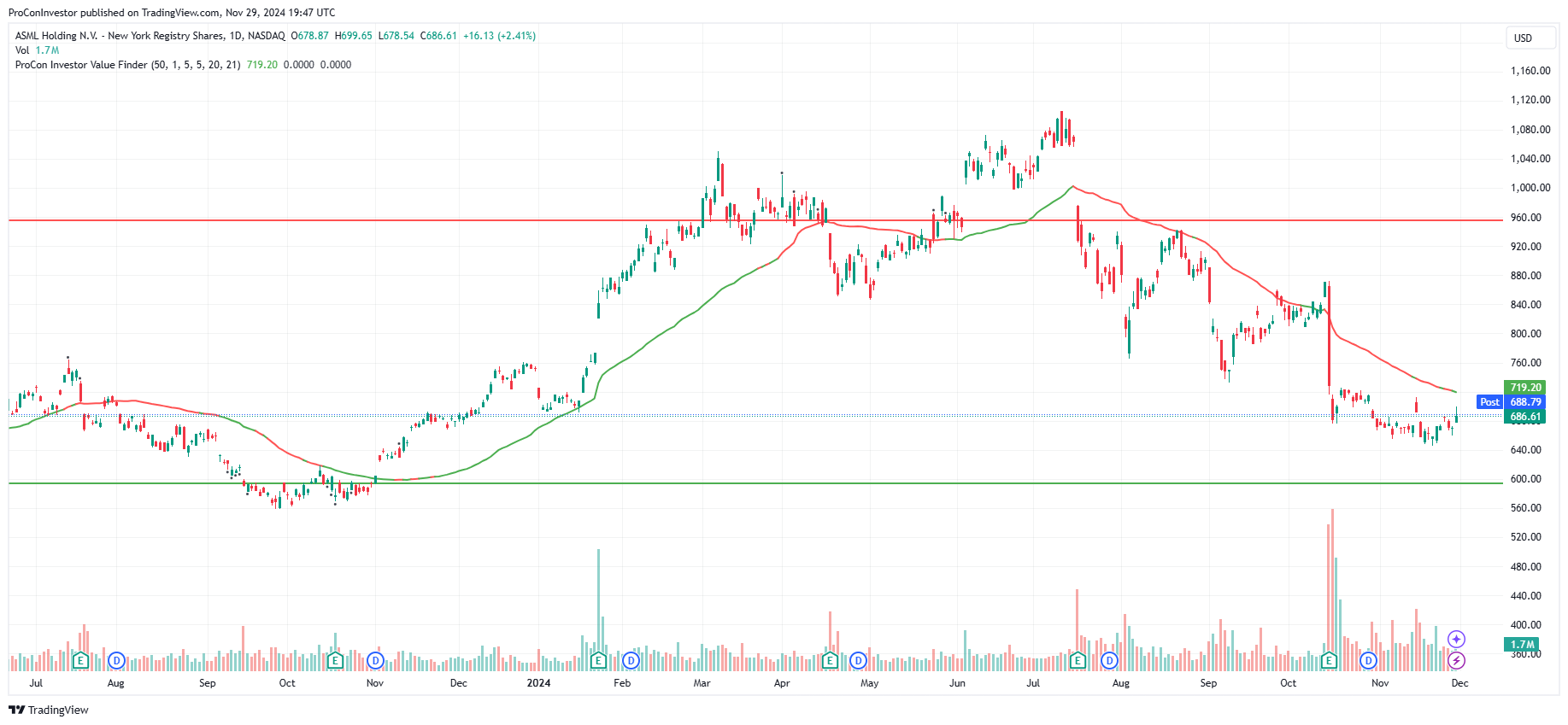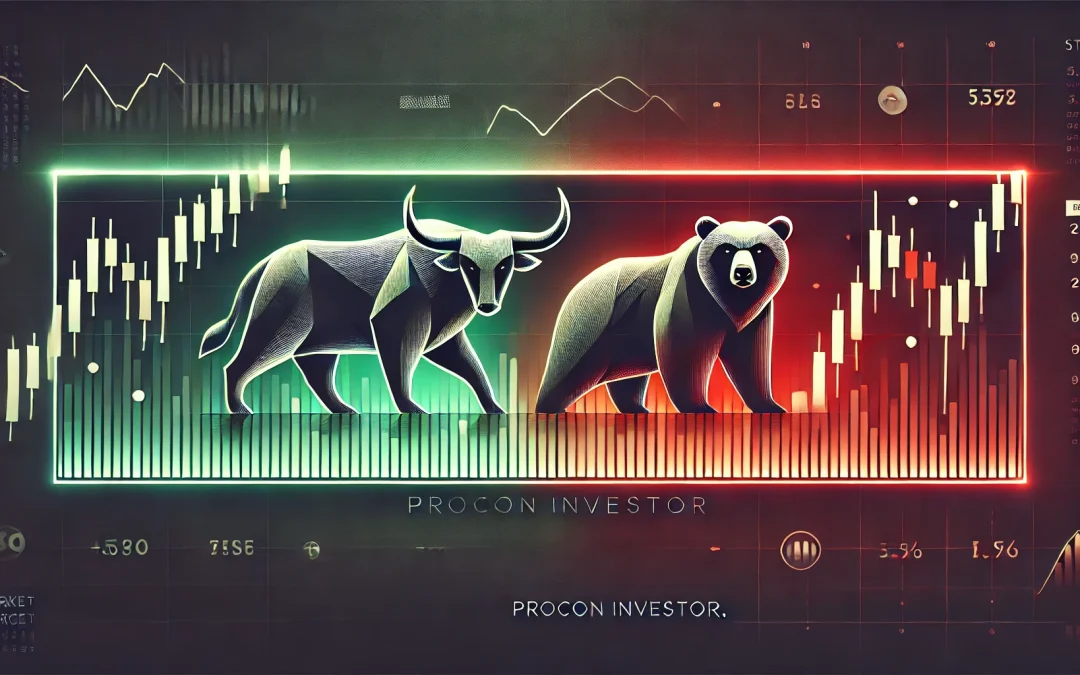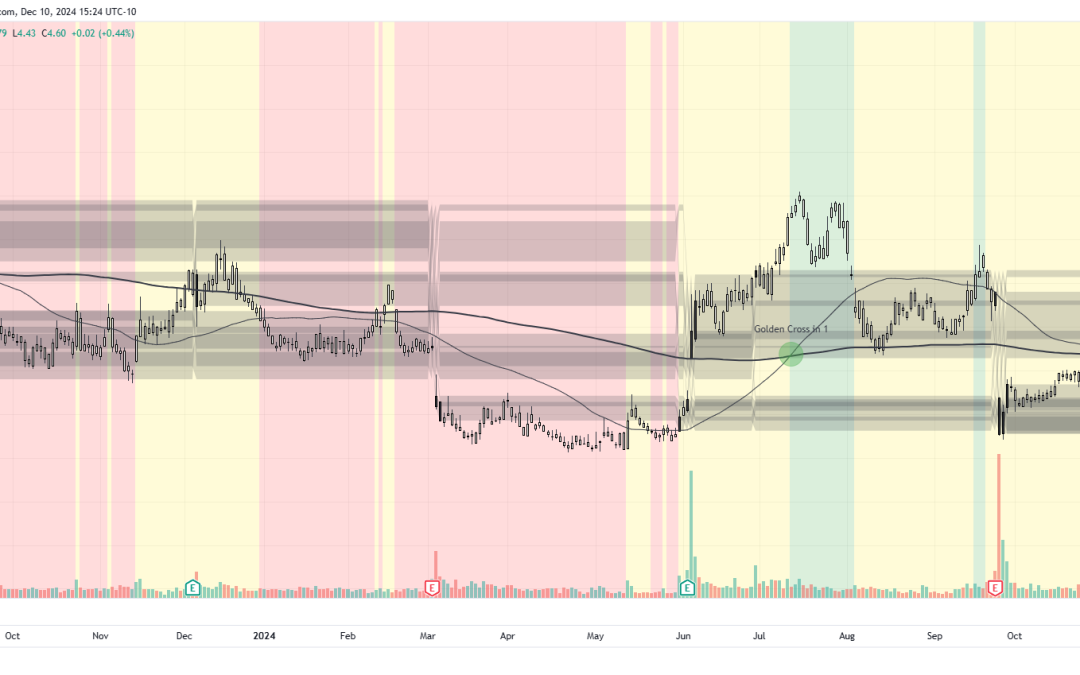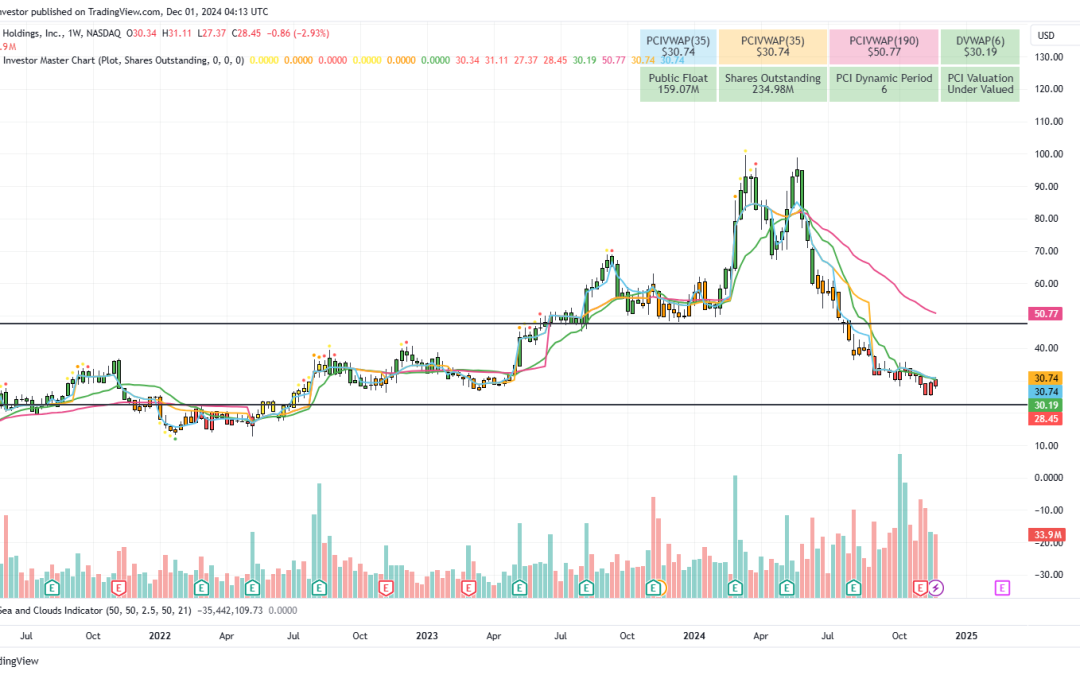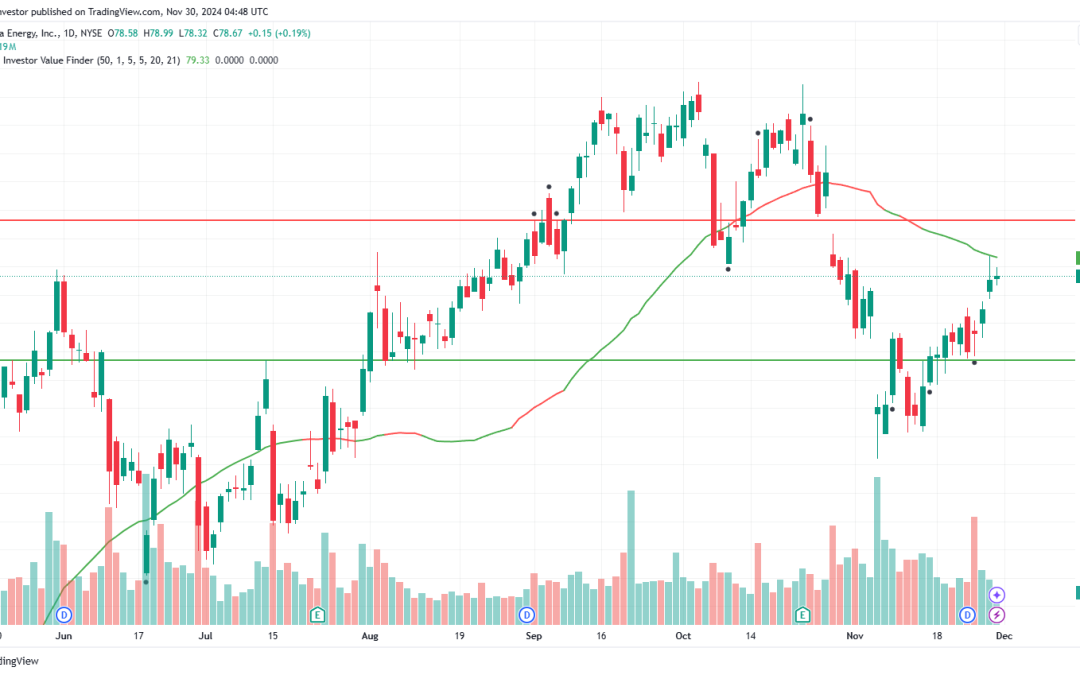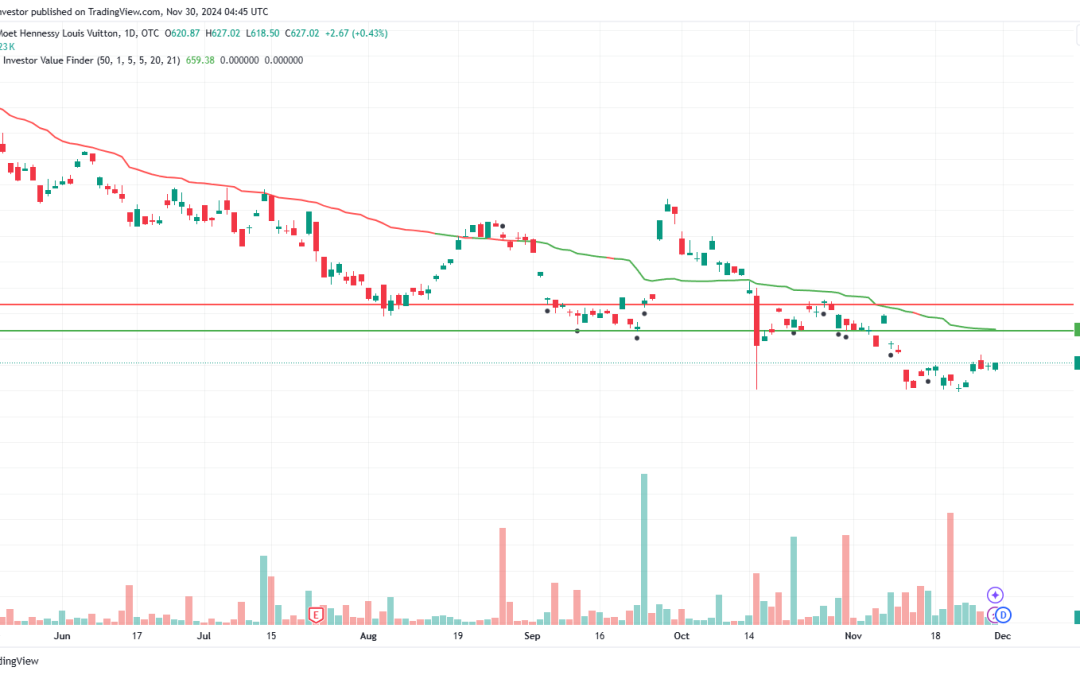ASML Holding N.V. (ASML) is a Dutch multinational company and the world’s leading supplier of photolithography systems used in the production of semiconductors. ASML’s advanced Extreme Ultraviolet (EUV) lithography machines are critical for producing the most sophisticated semiconductor chips. The company plays a pivotal role in enabling Moore’s Law and serves a customer base that includes industry giants like TSMC, Intel, and Samsung.
ASML has been a high-growth stock, benefiting from the increasing demand for semiconductors in diverse industries like AI, automotive, IoT, and data centers. However, its market dominance and reliance on cutting-edge innovation come with unique risks and challenges.
The Pros and Cons of Investing in ASML

Pros
1. Monopoly on EUV Lithography
ASML is the sole producer of EUV lithography machines, which are indispensable for manufacturing advanced chips at 7nm and below. This monopoly gives ASML pricing power and a competitive moat that is virtually unassailable.
2. Key Player in a Growing Market
The global semiconductor industry is projected to grow significantly in the coming decades, driven by demand from AI, 5G, electric vehicles, and other technological advancements. ASML’s lithography systems are critical to this growth, positioning the company as a beneficiary of this secular trend.
3. High Barriers to Entry
The complexity of ASML’s technology creates insurmountable barriers to entry for competitors. EUV systems involve advanced physics, specialized engineering, and a supply chain that takes decades to develop. ASML’s technological lead is likely to persist for the foreseeable future.
4. Long-Term Customer Relationships
ASML maintains deep partnerships with key semiconductor manufacturers, including TSMC, Samsung, and Intel. These relationships provide stable recurring revenue through equipment sales, maintenance contracts, and software upgrades.
5. Robust Financials
ASML has a strong balance sheet with impressive margins and consistent cash flow. The company has shown resilience during economic downturns and continues to invest heavily in R&D while returning capital to shareholders via dividends and share buybacks.
6. Geopolitical Importance
Semiconductors are increasingly viewed as a strategic resource, and ASML plays a vital role in the global supply chain. This geopolitical significance adds to the company’s leverage over policymakers and customers.
7. Dividend Growth
ASML offers a growing dividend, making it attractive not just as a growth stock but also for income-focused investors. Its dividend yield, while modest, has seen steady increases over the years.

Cons
1. High Valuation
ASML’s stock is often priced at a premium due to its market dominance and growth prospects. High valuation multiples may expose investors to downside risk if growth slows or if market sentiment shifts.
2. Geopolitical Risks
ASML operates in a politically sensitive industry. U.S.-China trade tensions have led to export restrictions on selling advanced EUV machines to China, limiting the company’s addressable market. Escalating geopolitical conflicts could further disrupt ASML’s business.
3. Customer Concentration
A significant portion of ASML’s revenue comes from a few major customers. For example, TSMC accounted for over 30% of sales in recent years. Losing a key customer or facing delays in their production schedules could materially impact ASML’s performance.
4. Supply Chain Vulnerabilities
ASML relies on a complex global supply chain, with critical components sourced from specialized suppliers. Any disruptions—whether from geopolitical events, natural disasters, or pandemics—could delay production and affect revenue.
5. Technological Challenges
While ASML is the leader in EUV technology, the company faces the constant challenge of pushing the limits of innovation. The transition to High-NA EUV lithography, necessary for even smaller nodes, carries significant execution risks.
6. Cyclical Industry
The semiconductor industry is cyclical, with periods of oversupply and declining demand. ASML’s financial performance may be vulnerable to downturns in the semiconductor cycle, especially if customers delay equipment purchases.
7. Dependence on R&D
ASML invests heavily in research and development to maintain its technological edge. While this has paid off historically, there is always a risk that R&D investments may not yield commercially viable products.
8. Regulatory Risks
Being a European company, ASML is subject to stringent regulations from the EU and other global entities. Any changes in trade policies, export restrictions, or tax laws could have an adverse impact on the company.
Key Metrics
- Market Capitalization: ~$300 billion (as of November 2024)
- Dividend Yield: ~1.0%
- P/E Ratio: 35x (approximate, subject to market fluctuations)
- Revenue Growth (3-Year CAGR): ~15%
- Gross Margin: ~52%
Investor Takeaway
ASML represents a unique investment opportunity as a critical enabler of the semiconductor industry. Its monopoly on EUV lithography and high barriers to entry provide a formidable competitive advantage, while secular trends in technology suggest sustained growth for years to come. However, the stock’s premium valuation, exposure to geopolitical risks, and dependence on cyclical semiconductor demand require careful consideration.
For long-term investors with a high tolerance for volatility, ASML could be a cornerstone holding in the tech sector. However, those concerned about geopolitical uncertainties or cyclical downturns may prefer a more diversified approach to semiconductor investments.
Bottom Line
ASML is a compelling stock for growth-oriented investors who believe in the continued expansion of the semiconductor industry. While risks exist, its dominant position in the lithography market and critical role in global technology supply chains make it a standout company in a competitive landscape.

